cold chickens . . .
bev_w
17 years ago
Related Stories
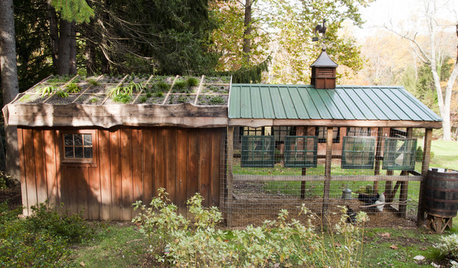
FARM YOUR YARDHouzz Call: Show Us Your One-of-a-Kind Chicken Coops
Do you have a fun or stylish backyard shelter for your feathered friends? Post your pictures and stories in the Comments!
Full Story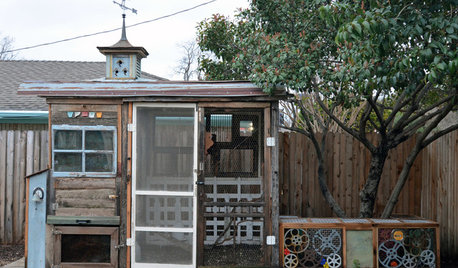
OUTBUILDINGSQuirky Meets Practical in a Dallas Chicken Coop
These hens have a stylish backyard coop built from recycled materials
Full Story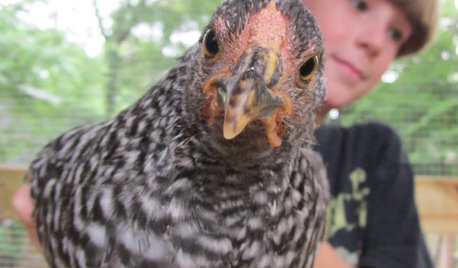
FARM YOUR YARD4 Farm-Fresh Chicken Coops in Urban Backyards
These Atlanta henhouses are worth crowing about for their charming, practical designs
Full Story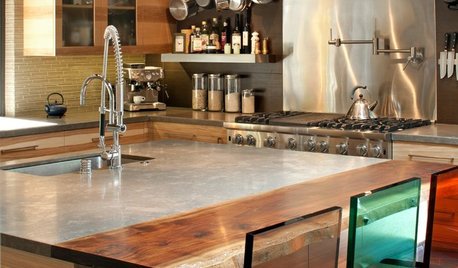
HOUZZ TOURSHouzz Tour: A Ranch House Is Reborn in a Los Angeles Canyon
Can you get back to nature in the heart of an urban mecca? This family — and their horses, dogs and chickens — did just that
Full Story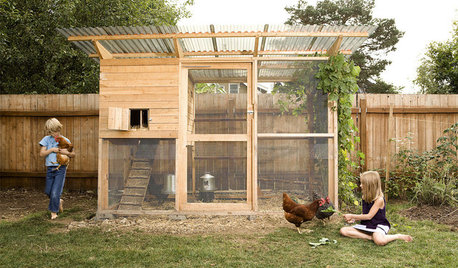
PRODUCT PICKSGuest Picks: 20 Finds to Cluck About
If you have or love chickens, you’ll flock to these coops, themed accessories, artwork and more
Full Story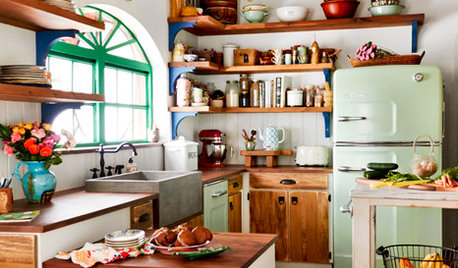
HOUZZ TV FAVORITESHouzz TV: Animals, Love and Color on a Florida Farm
Farm-fresh style is just right for this family of 6 — and their horses, dogs, cats, chickens, zebus, birds and pig
Full Story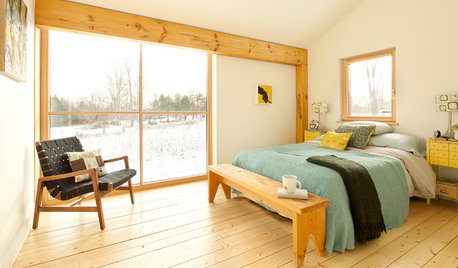
LIFE10 Feel-Better Things to Do on a Sick Day at Home
Nourish, pamper and heal yourself when a cold keeps you housebound, with these restorative ideas
Full Story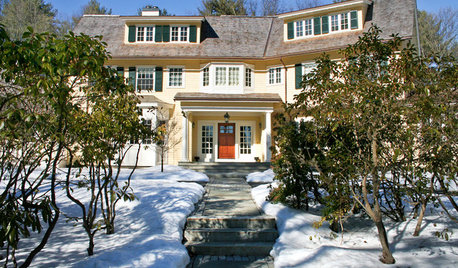
GARDENING AND LANDSCAPINGTake a Winter Walk on the Safe Side
Learn how to handle snow, ice and other cold-weather landscape factors to minimize falls and damage
Full Story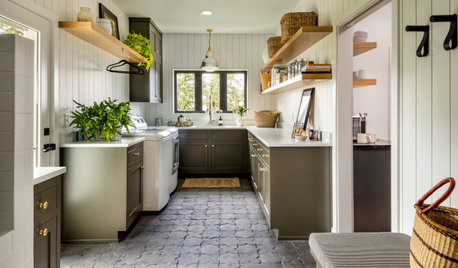
MONTHLY HOME CHECKLISTSYour Fall Home Maintenance Checklist
Prep your house and yard for cold weather with this list of things to do in an hour or over a weekend
Full Story






songbirdmommy
pablo_nh
Related Professionals
Essex Landscape Architects & Landscape Designers · Taylorsville Landscape Architects & Landscape Designers · Aurora Landscape Contractors · Lantana Landscape Contractors · Leicester Landscape Contractors · Matteson Landscape Contractors · Pahrump Landscape Contractors · Post Falls Landscape Contractors · The Villages Landscape Contractors · Woodbury Landscape Contractors · Quartz Hill Landscape Contractors · Fort Worth Siding & Exteriors · Perth Amboy Siding & Exteriors · Carson Solar Energy Systems · Green Valley Solar Energy Systemsbev_wOriginal Author
strawboss
hjust1
buffburd
organic_marty
firefly1013
cindyloupetlover
Belgianpup
dirtslinger2